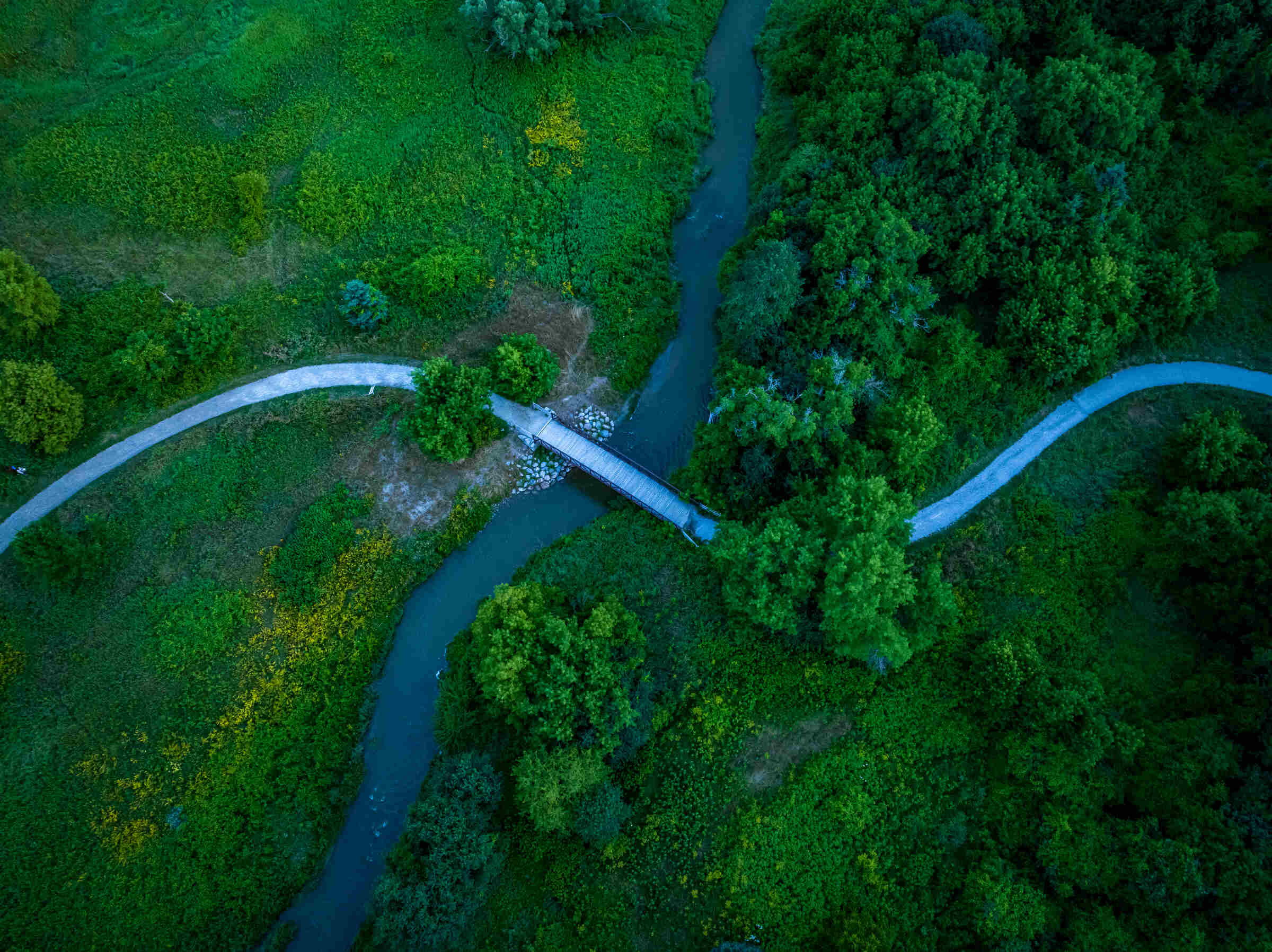Land and water policy can shape the built and natural environment to reduce the extent of climate change and help communities and natural systems withstand the impacts of rising temperatures and sea levels.
We seek transformative and systemic change, enhancing the sustainability of natural resources through integrated policies and best management practices.




